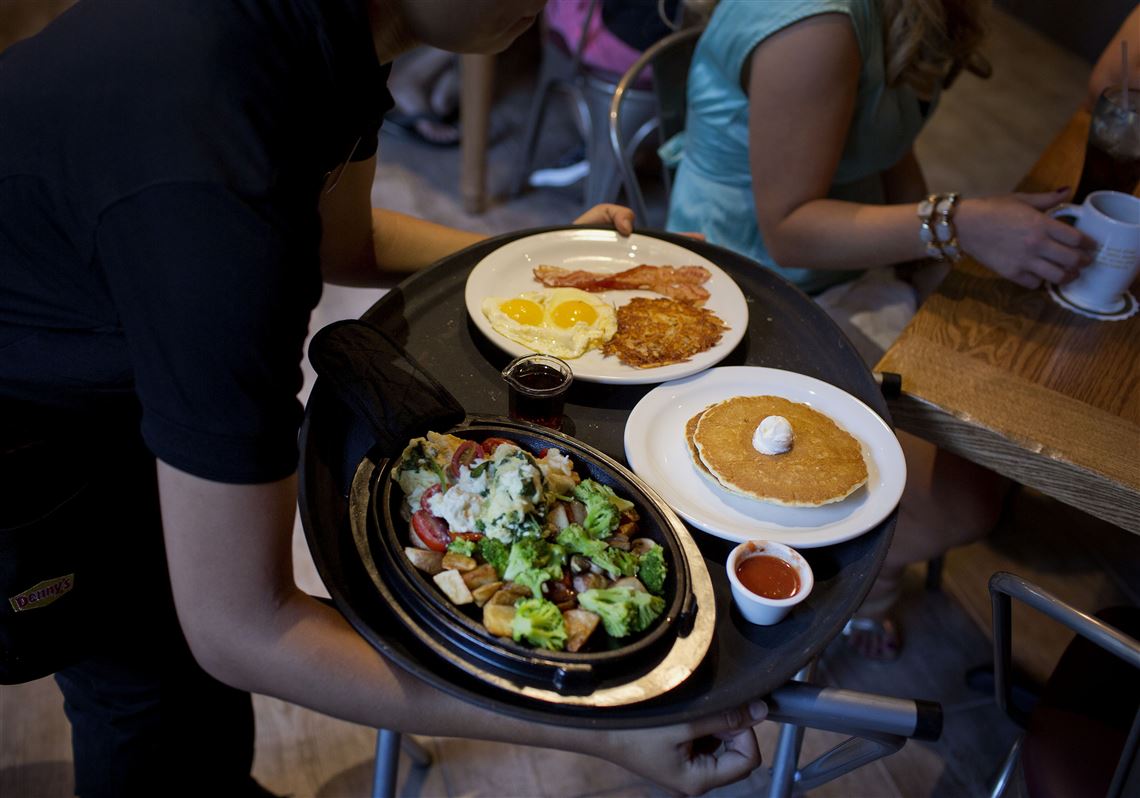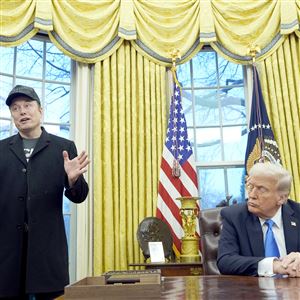A federal judge has allowed a putative class action to proceed against P.F. Chang’s, and in the process clarified what she said was “ambiguous” language in the Fair Labor Standards Act and Department of Labor policy regarding how employees should be paid for untipped work versus tipped work.
U.S. District Judge Anita Brody of the Eastern District of Pennsylvania denied the restaurant chain’s motion for judgment on the pleadings in a lawsuit brought by plaintiffs Steven Belt, Laura Council and James Harris.
According to Judge Brody’s decision, the plaintiffs claimed that P.F. Chang’s violated the act by paying them the tip-credit minimum wage rate — which is lower than the full minimum wage rate because it accounts for any tip money earned — for hours in which they performed untipped work.
The complaint alleged that the P.F. Chang’s employees spent approximately 30% to 50% of each shift performing untipped work.
The judge found that the Fair Labor Standards Act was ambiguous regarding what constitutes a “tipped employee.”
The act defines tipped employees as those who are “engaged in an occupation in which he customarily and regularly receives more than $30 a month in tips,” but Judge Brody said the statute is unclear as to what it means to be “engaged in an occupation.”
“P.F. Chang’s argues that the FLSA’s definition of ‘tipped employee’ is unambiguous, and that the FLSA unambiguously defines a ‘tipped employee’ as any employee who customarily and regularly earns more than $30 a month in tips,” Judge Brody said.
“To accept this reading of the statute, however, would be to ignore a crucial part of the statutory definition: the term ‘engaged in an occupation.’ If Congress wished to define a ‘tipped employee’ as one who customarily and regularly receives more than $30 a month in tips, it would have done so. Instead, Congress defined a ‘tipped employee’ as one who is engaged in an occupation in which he customarily and regularly receives more than $30 a month in tips.”
She said the Department of Labor’s interpretation of the statute was similarly ambiguous, specifically the “dual jobs regulation,” which states that an employee can be engaged in two jobs for a single employer — one tipped and one untipped.
Over the years, Judge Brody said, the department has adopted different stances on the split that is necessary between tipped and untipped work to allow an employer to pay the tip-credit wage for all of an employee’s hours.
In a 1985 opinion letter, according to Judge Brody, the labor department stated that when a waiter spent 30% to 40% of his or her time performing “preparatory activities,” like setting tables and filling salt shakers, the employer could not take advantage of the tip credit for those hours.
Beginning in 1988, the Department of Labor began using what is known as the “80/20 rule,” which states that employees who spend 20% or less of their time performing untipped work can be paid the tip-credit wage for their entire shift. However, under the rule, if they spend more than 20% of their time on untipped work, they must be paid the full minimum wage rate for that portion of their shift.
“The dual jobs regulation is ambiguous,” Judge Brody said. “Therefore, the court must determine what limits the dual jobs regulation places on the amount of untipped related duties a tipped employee can perform by looking to the purpose of the regulation and the underlying statute, the language’s ordinary meaning, and the context of the regulation.”
Judge Brody found that the ordinary meaning of the regulation led to the conclusion that any employee who spends more than 20% of their time performing untipped work cannot be considered a tipped employee under the Fair Labor Standards Act.
“The court concludes that when an employee spends more than 80 percent of his or her time performing tipped work — and less than 20 percent of his or time performing untipped related work — the employee is a ‘tipped employee’ for all of his or her hours spent performing tipped work and untipped related work,” Judge Brody said. “Therefore, under this scenario, an employer is permitted to take the tip credit for all of those hours worked by that employee.”
“When, however, that employee spends more than 20 percent of his or her time performing untipped related work, they are no longer a tipped employee during any of the time they spend performing untipped related work,” Judge Brody continued. “In essence, they become a dual jobs employee, and the employer is no longer permitted to take the tip credit for any of the hours the employee spends performing untipped related work.
“Accordingly, plaintiffs’ claim that it violates the FLSA to take the tip credit for all the hours worked by plaintiffs, when plaintiffs spent or spend more than 20 percent of their working time performing untipped related duties, is legally cognizable.”
Benjamin Davis of the Law Offices of Peter T. Nicholl represents the plaintiffs and did not respond to a request for comment.
Paul DeCamp of Epstein Becker & Green represents P.F. Chang’s and declined to comment.
P.J. D'Annunzio: 215-557-2315, pdannunzio@alm.com; Twitter @PJDannunzioTLI. To read more articles like this, visit thelegalintelligencer.com
First Published: August 27, 2019, 2:00 p.m.














